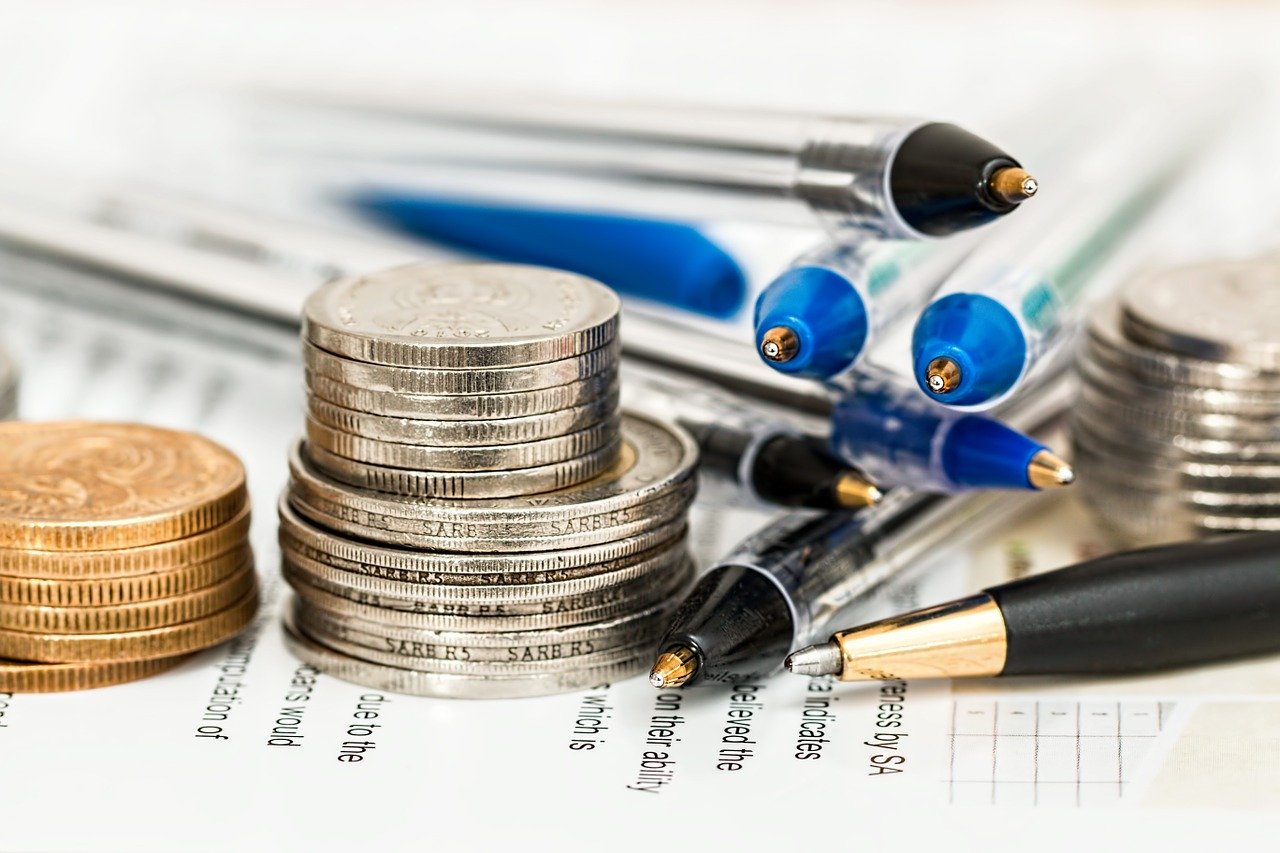Understanding Fixed Deposits – Meaning And Its Benefits
Any financial expert will tell you that you should have a well-rounded and balanced portfolio to meet the different short, mid, and long-term goals of your life. A fixed deposit (FD) is an integral part of every successful financial portfolio as it offers fixed, guaranteed returns for you to plan and manage your expenses judiciously. Let us understand the meaning of fixed deposit, the different types, and the several benefits they offer.

Fixed Deposit Meaning
As the name suggests, an FD is a fixed investment with a pre-decided principal amount, rate of interest and tenure of investment. Since all these factors are locked-in prior to the investment, what you get are guaranteed returns that help you plan your future expenses and financial goals. Traditionally, FDs were only offered by banks. But today, leading Non-Banking Financial Companies (NBFCs) also offer various types of FDs at attractive rates and terms. This is a safe and assured form of investment, which are two of the big reasons for the immense popularity of fixed deposits in India. Here are some of the popular types of fixed deposits.
- Tax Saving FD: Not only can you earn a fixed return, this type of FD helps you save tax as well. Under the Section 80C of the Income Tax Act of India, you can save up to ₹1.5 Lakhs in taxable amount. The only caveat is that this FD has a 5-year lock-in period with no provision of premature withdrawal.
- Senior Citizen FD: Most banks and NBFCs offer slightly higher interest rates for senior citizens. If you are above the age of 60, you can invest in a Senior Citizen FD and get anywhere from 0.10%-0.50% more as returns.
- Regular Payout FD (Non-Cumulative): Many people use guaranteed FD returns to meet their monthly household expenses. This is possible by investing in a non-cumulative FD wherein you can choose your frequency of interest payout, such as monthly, quarterly, semi-annually, etc.
- Cumulative FD: If you would like to earn a higher amount, then a cumulative FD is the right choice. In this, you will get the net principal and interest at the end of the investment period and, due to the power of compounding, give you a higher return eventually.
Now that you know the meaning of fixed deposit and the common types of FDs available, let us take a look at the benefits of investing in an FD.
Benefits of Investing in a Fixed Deposit
- Guaranteed Returns: A fixed deposit offers guaranteed returns and is unaffected by market volatility. This is a very safe and stable investment which lets you know exactly how much money you will receive on maturity. In fact, you can make use of an FD return calculator to pre-empt your amount receivable, even before investing in it. The assurance of receiving a fixed amount at regular intervals or at the end of the tenure can help you plan your expenses wisely.
- Liquidity: Other than tax-saving FDs that do not allow premature withdrawal, you can withdraw the amount whenever you need to, even before the completion of its tenure. You may need to incur a marginal charge for this (0.50%-1%) of the interest amount, but you will get the remainder of the money in your account immediately.
-
- Loan Against an FD: In fact, if there is a financial emergency then, instead of premature withdrawal, another option you can consider is taking a loan against your FD. Most of the banks and NBFCs offer a loan of up to 80%-90% of your FD amount, which acts as the collateral. This way you can continue earning the returns on the FD.
- Convenience: A fixed deposit is a very convenient form of investment. It is a one-time investment, and does not involve continuous tracking of its or the market’s performance (like in the case of stocks and mutual funds). Simply invest a lump-sum amount and let your wealth grow through the means of compounded interest.
- Flexibility of Choice: FDs offer you choices in terms of the amount to be expected, tenure to be invested for, and the type of FD as well. By using an FD return calculator you can compare between the different options in the market to choose the one with the best interest rate and terms to help you get the highest returns.
- Other Benefits Based on FD Type: Using specialised fixed deposits such as tax-saving FDs or senior citizen FDs you can save tax and get higher returns.
In Summation
Fixed deposits offer several benefits. If you wish to invest your hard-earned money in an instrument that is free from risk and fluctuations then an FD is the perfect investment choice for you.



